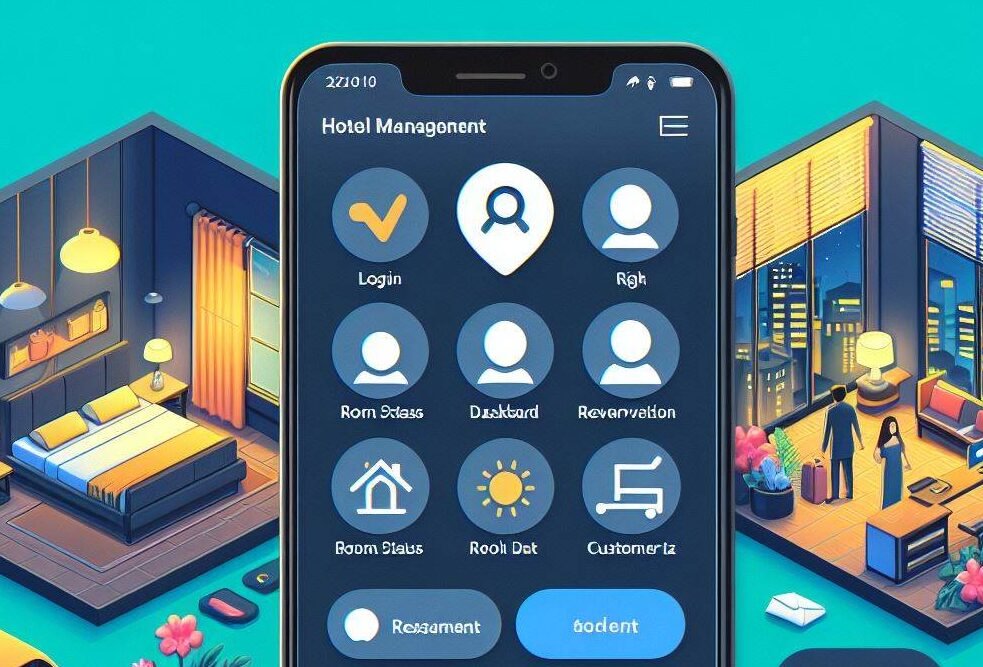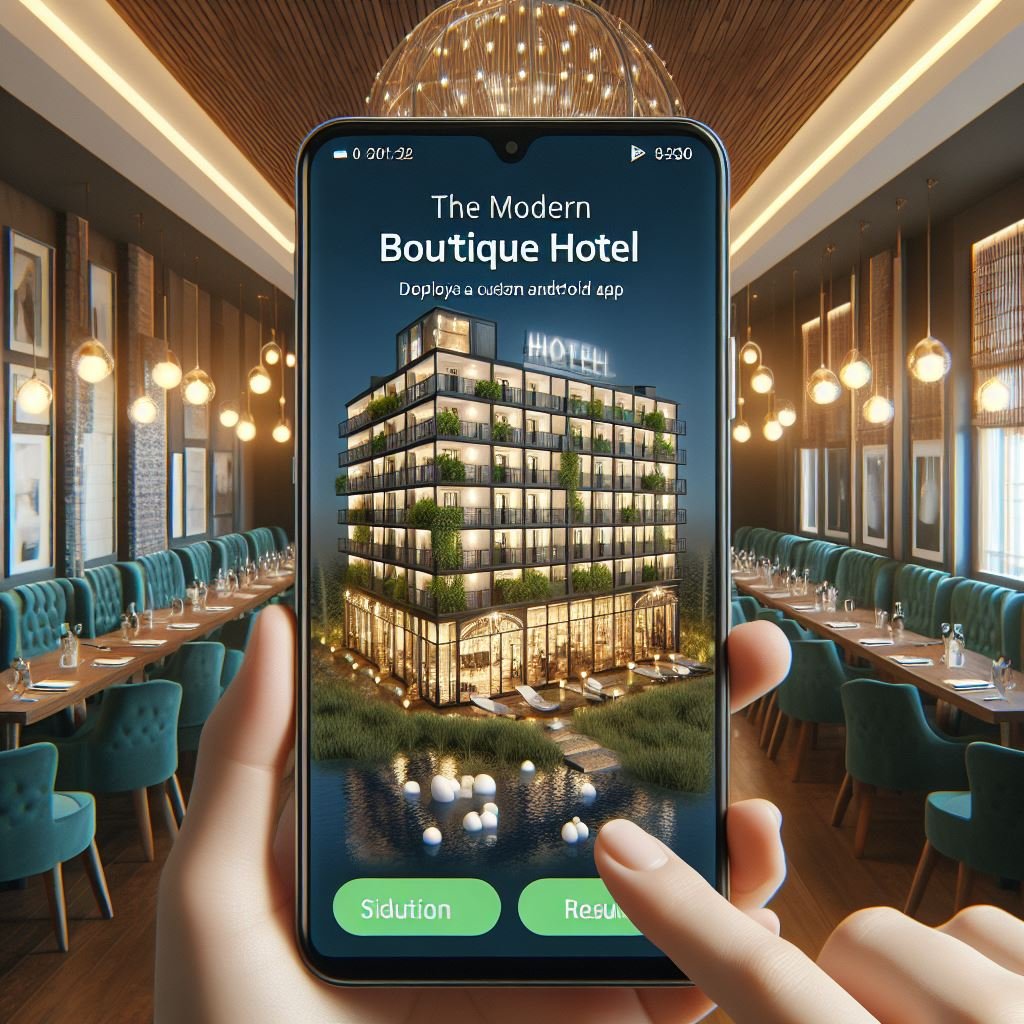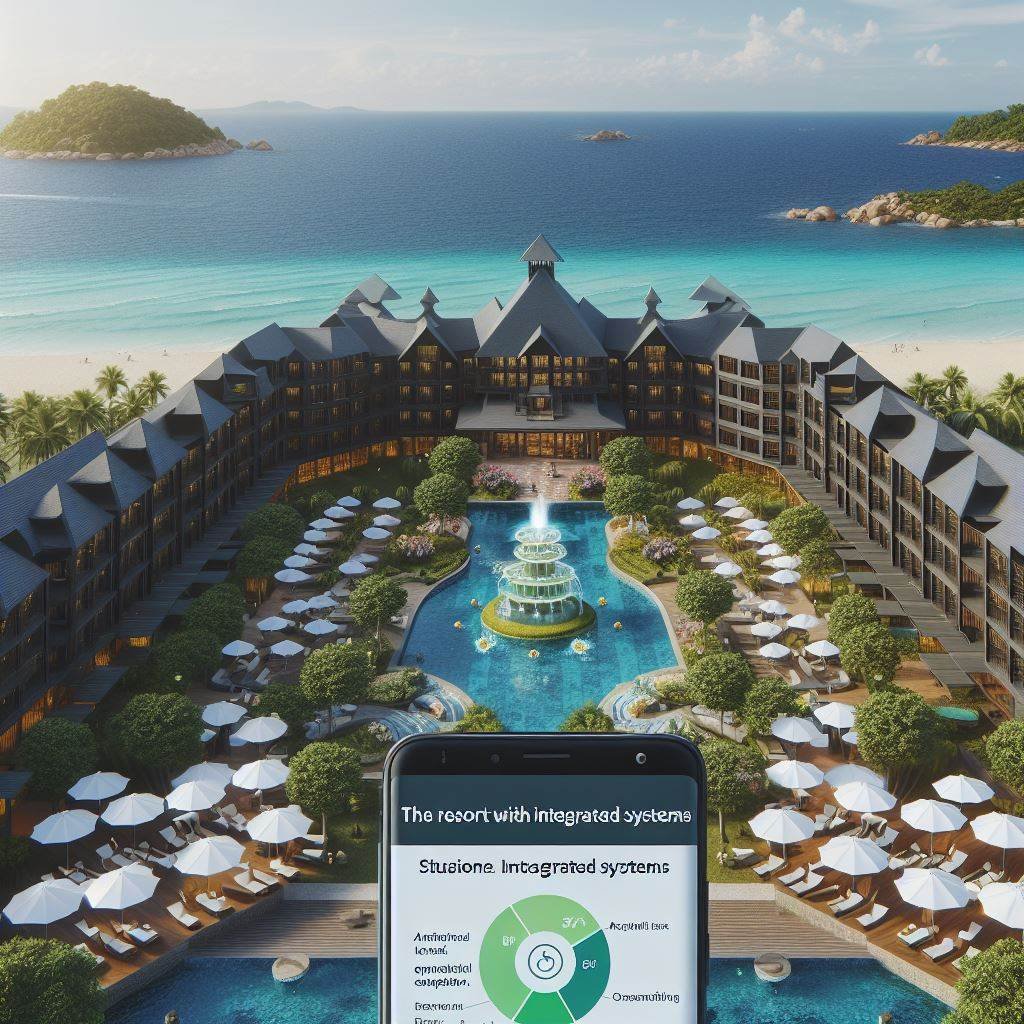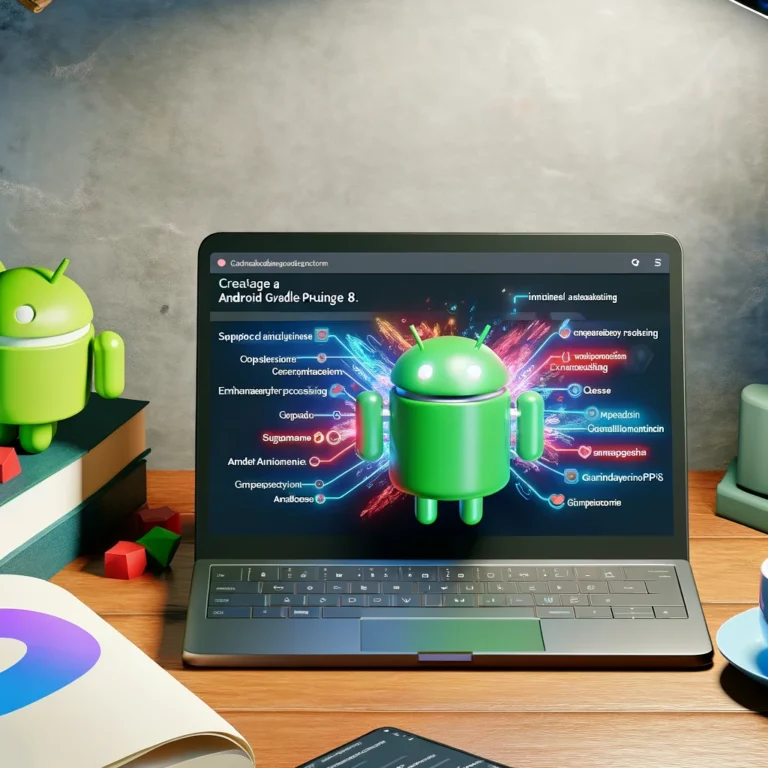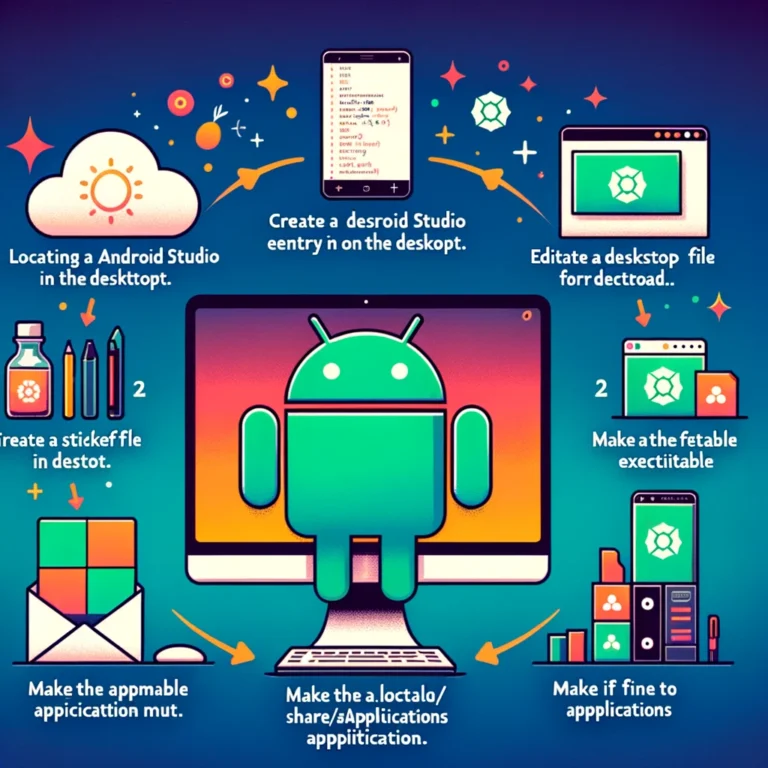Hotel Management Android Project
Hotel Management Android Project
In the fast-paced landscape of the hotel industry, technology is not just a luxury; it’s become a fundamental necessity. The rise of mobile application development has paved the way for innovative solutions that enhance customer service, streamline operations, and boost efficiency. For developers and hoteliers alike, a creatively engineered hotel management Android project can be the gateway to a digitalized, forward-thinking approach to hospitality. The advent of mobile-driven hotel management systems offers a wealth of opportunities, from data analytics for personalized guest experiences to real-time inventory management. In this comprehensive guide, we explore what it takes to craft an Android hotel management project, and how it can be deployed to transform operational paradigms.
The Hotel Management Android Project Unveiled
Gearing up for the future in hospitality means understanding the impact of personalized mobile-driven technology solutions. The evolution of the Hotel Management Android Project has redefined what it means to serve the modern traveler.
This project is more than a simple app; it’s an integrated system that allows hotel administrators to manage all aspects of their establishment, from room reservations to inventory, all from the comfort of their Android device.
Preparing for Development – The Essentials
Before any code is written, extensive market research and strategic planning should be the first steps in creating a successful hotel management Android project.
Understanding the Market
Start with a comprehensive market analysis to:
- Identify the needs and preferences of hotel guests and managers
- Uncover the latest technology trends in hospitality
- Research existing hotel management applications to identify gaps in the market
Defining the Scope
For your project to be successful, you need to be clear on what it will and won’t do. Define the scope by setting:
- Objectives for the project, such as improving booking efficiency or enhancing the guest experience
- Functionalities and features that will achieve those goals
- A clear understanding of the limitations and challenges you may face
Key Features and Functionalities
The success of a hotel management Android project lies in the details and features it offers. Here are some essential features that should be included in the project:
Reservation Management
- Real-Time Booking: Guests should be able to see room availability and make instant reservations via an app or website.
- Room Status Updates: Keep track of clean and dirty rooms, room maintenance, and check-in and check-out times with real-time updates.
Guest Management
- Profiles and Preferences: Record and monitor guest information, including their service preferences, to provide a personalized experience.
- Check-In/Out Process: Simplify the arrival and departure process for guests, such as allowing mobile check-ins or keyless room entry via the app.
Staff Administration
- Task Assignments: Assign tasks to your housekeeping and maintenance staff through the app, track progress, and manage time efficiently.
- Employee Scheduling: Create and manage shift schedules and handle employee requests for time off all within the app.
Inventory and Asset Management
- Stock Control: Keep track of inventory levels and automate reordering processes for the in-house restaurant, minibars, or housekeeping supplies.
- Asset Tracking: Monitor the usage and status of hotel assets, from linens to electronic equipment.
Development Steps
Now that the groundwork is laid, it’s time to understand the step-by-step process of developing a hotel management Android project.
Conceptualization and Wireframing
- Ideation: Brainstorm and devise a clear vision of the app.
- Wireframing: Create a basic architectural blueprint of your app, including its layout and navigation.
UI/UX Design
- Visual Design: Define the aesthetics of the app, aligning it with hotel branding and industry standards.
- User Experience: Ensure that the app is intuitive and user-friendly, making the guest experience as smooth as possible.
Development and Testing
- Front-End Development: Focus on the app’s visible components, including its responsiveness and look-and-feel.
- Back-End Development: Build the server-side elements that will support functionalities such as data storage and transactions.
- Continuous Testing: Employ Quality Assurance (QA) specialists to test the app at every phase, ironing out bugs and ensuring it meets the highest standards.
Deployment and Maintenance
- Launching the App: Prepare for app store submissions, ensuring that all requirements are met for a successful launch.
- Post-Launch Support: Monitor user feedback and device health. Release updates on a regular basis to improve performance and add new features.
The Implementation Phase
With development concluded, prepare for full-scale implementation and user adoption.
Training Staff
- User Onboarding: Develop a training program that introduces staff to the app and its features.
- Support and Helpdesk: Set up a support system to assist with any issues staff members may encounter.
Marketing and Awareness
- Promotional Materials: Create marketing materials to announce the new app to guests and potential customers.
- Awareness Strategies: Employ various awareness strategies to ensure guests are informed and encouraged to use the app during their stay.
Measuring Success – Metrics to Track
Setting the app live is just the beginning. To measure its success and impact, consider the following metrics:
App Downloads and Active Users
- User Engagement: Measure how often guests and staff use the app, and the features that are most popular.
- Conversion Rates: Understand how the app influences guest decisions to book and return.
Operational Efficiency
- Booking Ratio: Track how many bookings come through the app.
- Inventory Management: Monitor the stock control and asset management improvements.
Service Quality
- Guest Satisfaction Surveys: Collect feedback and use it to implement improvements in the app’s features and functionalities.
- Operational Feedback: Gather insights from staff on how the app is enhancing (or hindering) their day-to-day work.
Case Studies – Real-Life Examples
For a more concrete understanding of the potential impact of a hotel management Android project, explore these case studies.
The Modern Boutique Hotel
- Situation: A boutique hotel deployed a custom Android app to offer a unique experience.
- Results: The app helped the hotel stand out in a competitive market and increase repeat bookings.
The Resort with Integrated Systems
- Situation: A large resort implemented an Android app that connected all its operational departments.
- Results: The integrated system optimized their processes and improved overall guest satisfaction.
FAQs – Addressing Common Queries
A project of this scale is bound to raise questions. Here are some common ones:
Q: Is it expensive to develop a hotel management Android project?
A: The cost can vary significantly based on the size of the project and the features included. It’s an investment, but one that has the potential to yield substantial returns.
Q: What if our hotel has limited tech infrastructure?
A: Start with the basics. You can develop the project in stages, gradually updating your infrastructure to support more advanced features.
Q: How long does it take to develop a project like this?
A: Again, it depends on complexity and resources. Typically, this type of project involves several months of development and rigorous testing.
Conclusion – Paving the Way for Guest-Centric Innovation
The hotel management Android project is a powerful tool that can reshape the hotel landscape. By prioritizing features that enhance the guest experience and streamline operations, the potential for long-term profitability and customer loyalty is unparalleled. For developers, it’s an opportunity to showcase creativity and technical expertise. For hoteliers, it’s a chance to lead the charge in digital transformation and set new standards of service excellence in a tech-driven world.
- Download Source Code from below link ↓
-
Hotel Management Android Project

